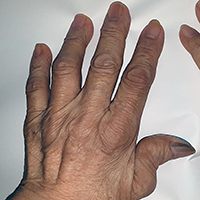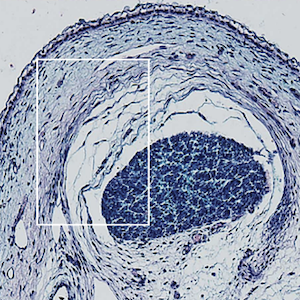Evaluation of a psychoeducational intervention including emotional intelligence to increase treatment adherence in rheumatoid arthritis (A pilot study)

All claims expressed in this article are solely those of the authors and do not necessarily represent those of their affiliated organizations, or those of the publisher, the editors and the reviewers. Any product that may be evaluated in this article or claim that may be made by its manufacturer is not guaranteed or endorsed by the publisher.
Authors
Our objective was to perform two studies: a cross-sectional study in order to identify the main psychological variables associated to treatment adherence in rheumatoid arthritis and an intervention based on psychoeducation to assess its impact on the variables identified in the first study. We measured treatment adherence, self-efficacy, beliefs about medication, emotional intelligence and disability along with personal and disease variables in the cross-sectional study and the same variables were measured in the intervention before and after the program and 3 months later in 2 groups (an experimental group and an active control group). In the cross-sectional study (N=33) we found that the variables most associated with treatment adherence were emotional clarity (r=0.352, p<0.05) and emotional repair (r=0.363, p<0.05). In the intervention, we divided the patients into 2 groups: the control group (N=7) and the intervention group (N=10). At the end of the study and at follow-up, we found a significant increase in adherence and self-efficacy in the intervention group, when compared with the control group. Emotional clarity was increased only in the post-test, and at follow up a decrease in beliefs of concern about medication was found. Psychoeducational programs based on information about the disease and its treatment together with emotional management are effective in increasing treatment adherence in the long term.
PAGEPress has chosen to apply the Creative Commons Attribution NonCommercial 4.0 International License (CC BY-NC 4.0) to all manuscripts to be published.










